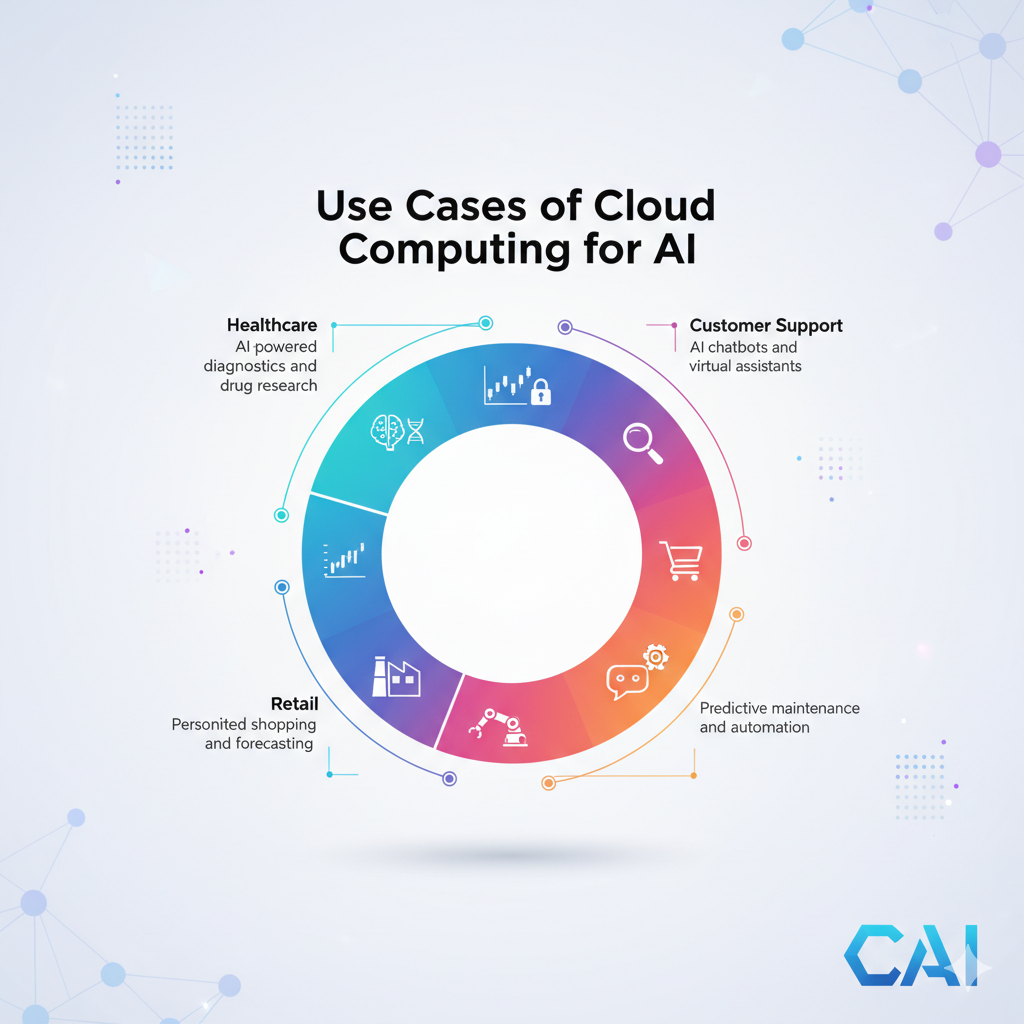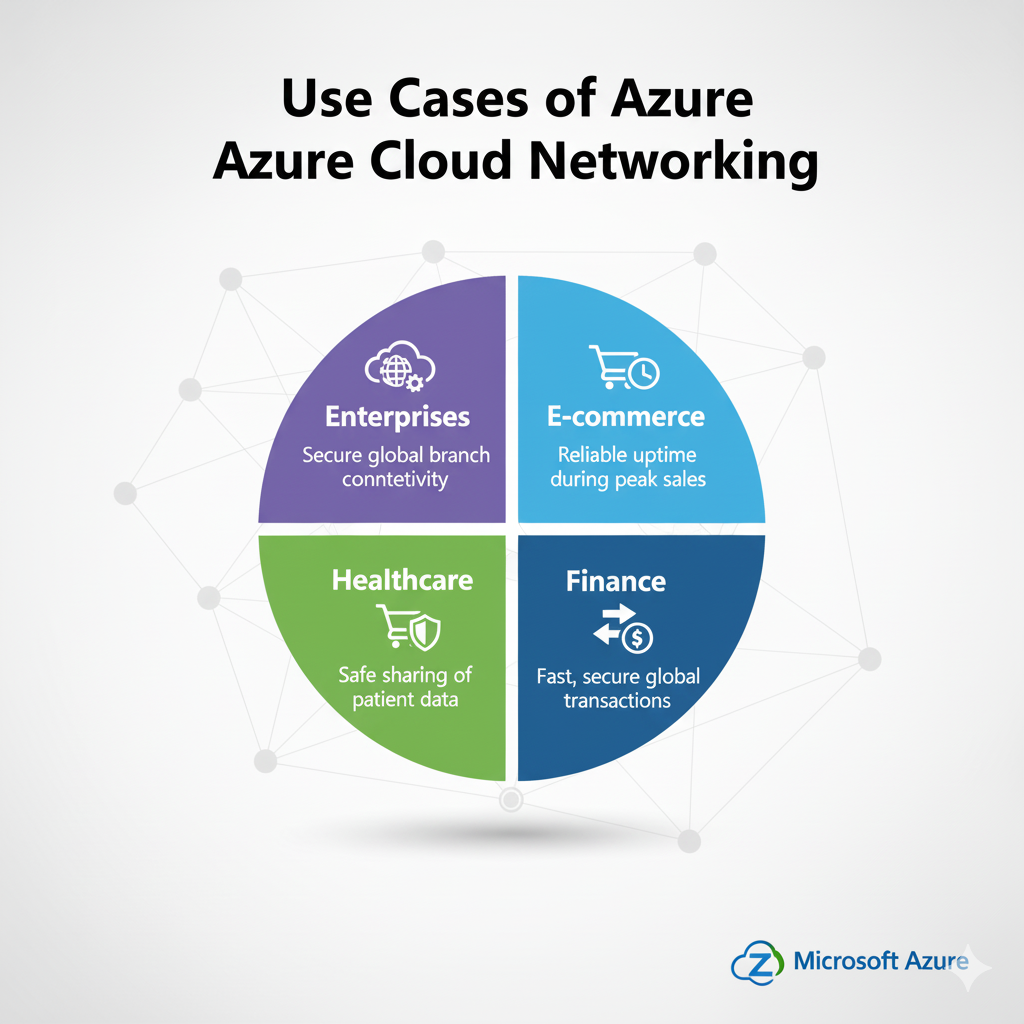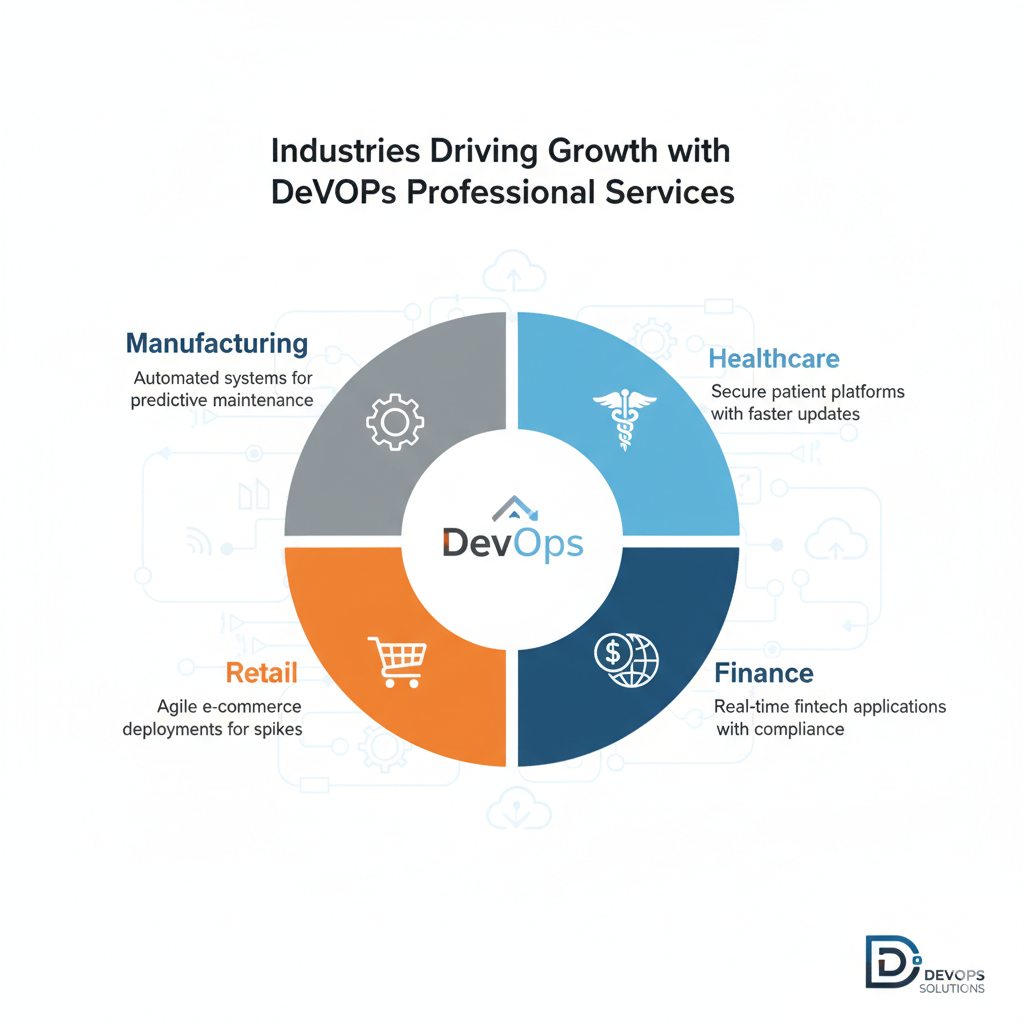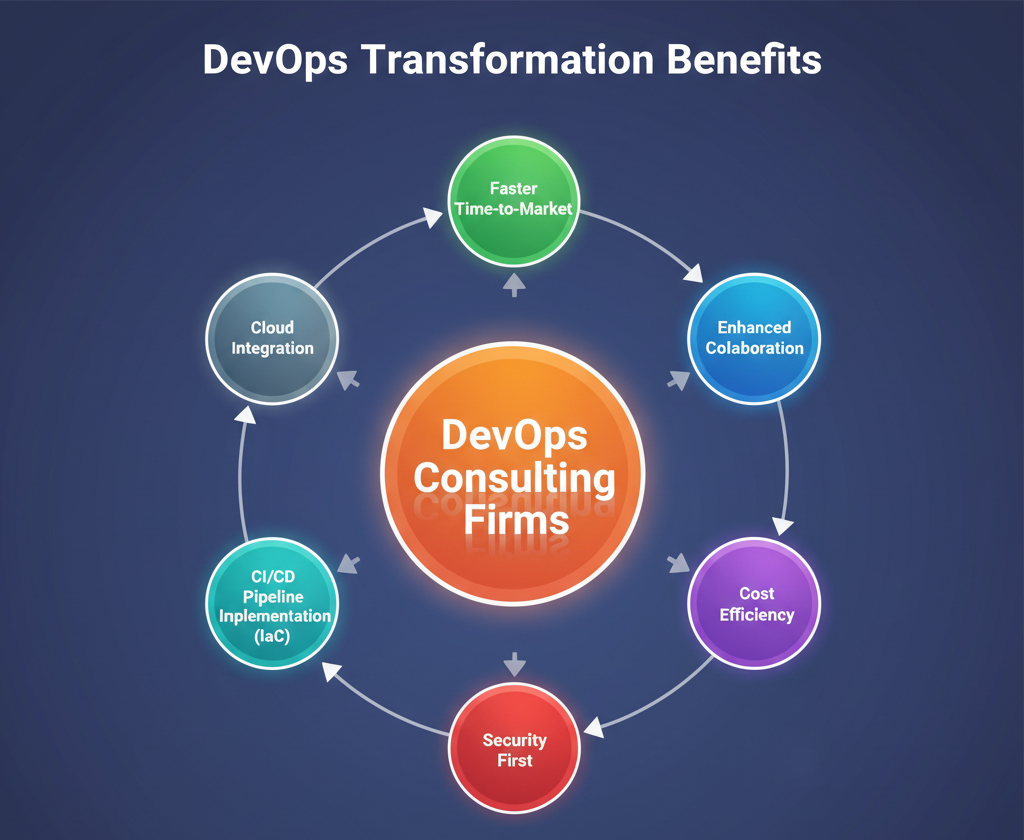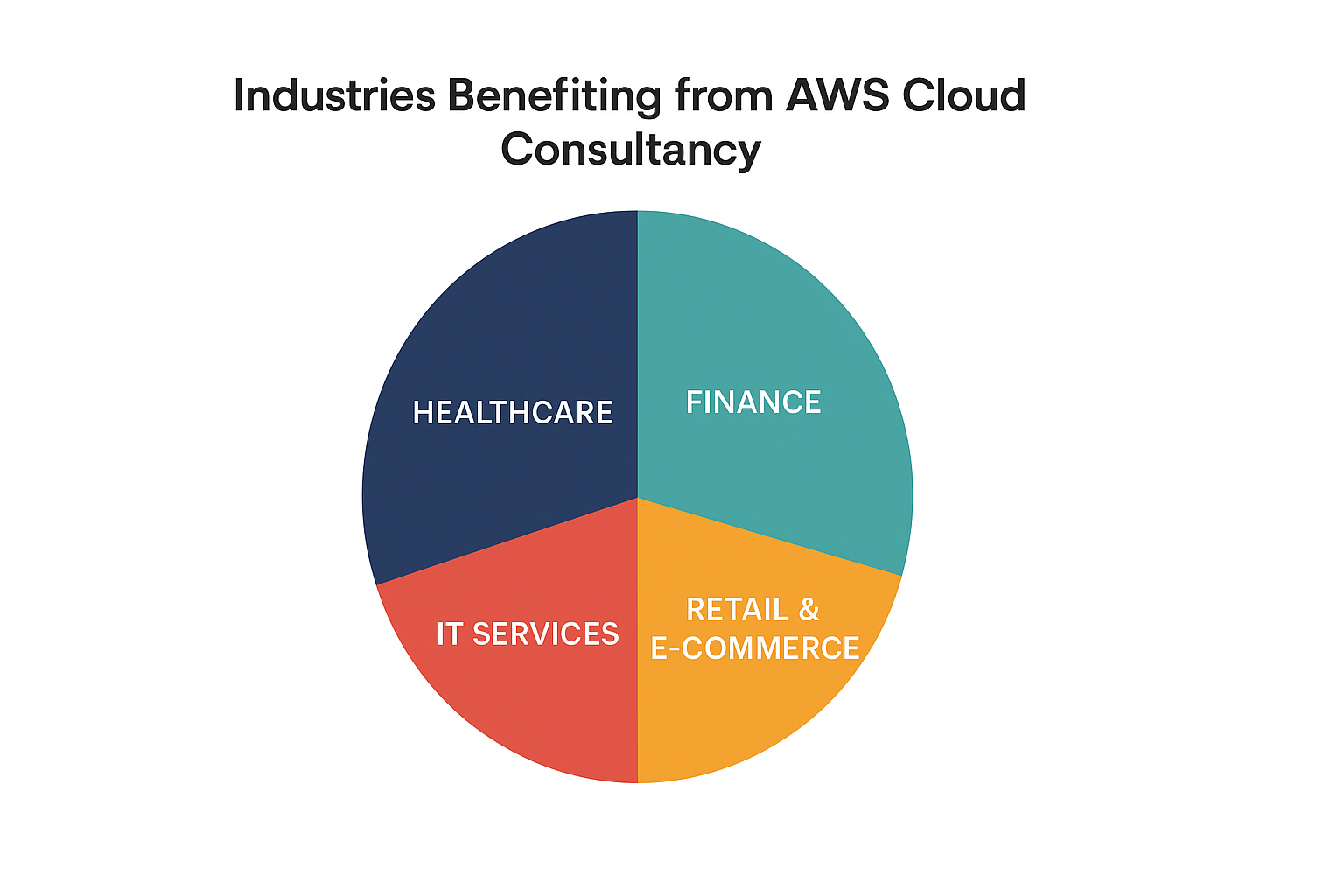Introduction
In the fast-paced world of software development, Continuous Integration and Continuous Deployment (CI/CD) play a pivotal role in ensuring efficiency, reliability, and speed in delivering high-quality software. Jenkins, a widely-used automation tool, has been at the forefront of this evolution, constantly adapting to the changing needs of the industry. As we step into 2024, let's explore how Jenkins has evolved and the key trends shaping the future of CI/CD.
The Rise of Jenkins🌐
Jenkins emerged as an open-source automation server that gained popularity for its flexibility and extensibility. Originally designed for building and testing code continuously, Jenkins quickly became the go-to solution for organizations aiming to streamline their development and deployment pipelines.Now, let's delve into the anticipated trajectory of Jenkins in 2024.
Jenkins in 2024: What's New🆕?
Advanced Machine Learning Integration🤖
In 2024, Jenkins has significantly advanced its machine learning integration. Machine learning algorithms now play a more integral role in optimizing CI/CD processes. Jenkins can intelligently predict potential issues, automatically optimize resource allocation, and dynamically adjust pipeline configurations based on historical performance data.
GitOps Maturity🔄
Building upon the GitOps integration introduced in 2023, Jenkins in 2024 has further matured its capabilities. GitOps is now seamlessly woven into the fabric of Jenkins, providing not only version control for pipeline configurations but also enabling automated rollbacks, policy enforcement, and enhanced collaboration through pull request-based workflows.
Self-Healing Pipelines with AI Ops🛠️
Jenkins has evolved to incorporate AI Ops principles, enabling self-healing pipelines. Using advanced anomaly detection and automated remediation, Jenkins can identify and fix issues in real-time without manual intervention. This not only ensures higher pipeline reliability but also reduces downtime and accelerates the resolution of potential problems.
Native Support for Cloud-Native CI/CD ☁️
Jenkins in 2024 offers native support for cloud-native CI/CD workflows. It seamlessly integrates with cloud-native technologies, including serverless computing, microservices architectures, and cloud-specific CI/CD services. This native support simplifies the deployment and scaling of applications designed for cloud environments.
Enhanced Security and Compliance Automation🔒
Security and compliance have taken center stage in Jenkins 2024. The tool now features enhanced security automation, including more robust credential management, automated vulnerability assessments, and compliance checks. Jenkins can proactively identify security risks during the CI/CD process, providing a more secure software development lifecycle.
Advanced Observability and Predictive Analytics📊
Jenkins has improved its observability features with advanced analytics and predictive capabilities. Teams can now leverage predictive analytics to forecast potential performance issues and proactively optimize their CI/CD pipelines. Enhanced visualization tools provide deeper insights into pipeline performance, enabling teams to make data-driven decisions for continuous improvement.
Integration with Emerging Technologies🚀
Jenkins has expanded its integration capabilities to accommodate emerging technologies. Whether it's the latest programming languages, container orchestration platforms, or cutting-edge development tools, Jenkins in 2024 ensures compatibility with the most recent advancements, allowing development teams to stay at the forefront of technology.
Challenges Ahead🧗
While Jenkins in 2024 brings a host of advanced features that propel it to the forefront of CI/CD innovation, the journey is not without its challenges. As the landscape of software development continues to evolve, several hurdles demand attention:
Complexity in Machine Learning Implementation🤖
The advanced machine learning integration in Jenkins introduces the challenge of navigating the complexities associated with the implementation of sophisticated algorithms. Teams may face hurdles in fine-tuning models, ensuring accurate predictions, and managing the evolving nature of machine learning technologies.
GitOps Operational Challenges🔄
Despite the maturation of GitOps within Jenkins, operational challenges may arise in maintaining seamless workflows. Teams might encounter complexities in managing automated rollbacks, enforcing policies, and ensuring synchronization between version-controlled configurations and real-time pipeline changes.
Cloud-Native Workflow Complexity☁️
While native support for cloud-native CI/CD is a leap forward, complexities may arise in adapting to the diverse landscape of cloud technologies. Challenges include navigating the intricacies of serverless computing, optimizing microservices architectures, and ensuring seamless integration with various cloud-specific CI/CD services.
Overcoming the Horizon🌅
In the face of these challenges, the path forward is paved with innovation, collaboration, and a commitment to continuous improvement. Jenkins users and the wider development community stand united as problem solvers, leveraging their collective expertise to unravel complexities. Collaborative forums, knowledge-sharing initiatives, and hands-on workshops will serve as crucibles for forging solutions to machine learning intricacies, GitOps operational challenges, and the adoption of AI Ops principles.By operationalizing advanced observability with creativity and precision, Jenkins users will not merely overcome challenges but transform them into opportunities for growth, making the CI/CD journey in 2024 a testament to resilience, innovation, and the unwavering spirit of progress.
Conclusion🌈
As we journey into the future, Jenkins stands not only as a tool but as a symbol of collective progress and the endless possibilities that arise when a community comes together to shape the landscape of software development. The way ahead is illuminated by the collaborative spirit, a dedication to continuous learning, and the unwavering belief that the future of CI/CD is a canvas upon which innovation knows no bounds.




